June 20, 2019
EDGE enters UK market with project on South Bank
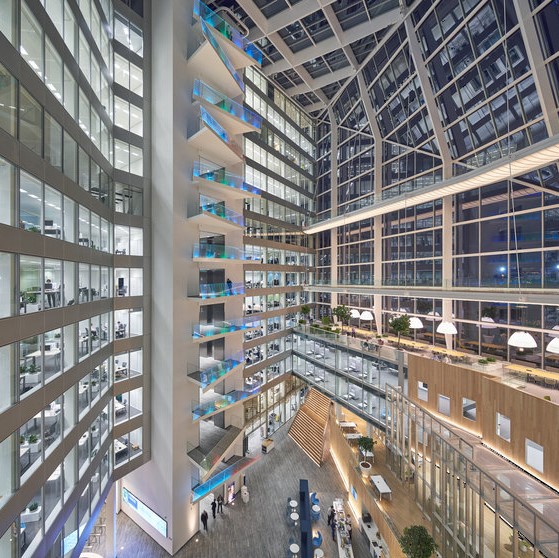 EDGE Technologies, the specialist developer best known for its groundbreaking The Edge building in Amsterdam has announced its entrance into the UK commercial property market with the £50m acquisition of 60 St Thomas Street on London’s South Bank. The acquisition is subject to planning permission, which EDGE will pursue in partnership with the seller. The partners will consult closely with Southwark Council and the local community. After completion of the development – four to five years from now – 60 St Thomas Street will be an optimised office environment and a new workspace fit for the future. (more…)
EDGE Technologies, the specialist developer best known for its groundbreaking The Edge building in Amsterdam has announced its entrance into the UK commercial property market with the £50m acquisition of 60 St Thomas Street on London’s South Bank. The acquisition is subject to planning permission, which EDGE will pursue in partnership with the seller. The partners will consult closely with Southwark Council and the local community. After completion of the development – four to five years from now – 60 St Thomas Street will be an optimised office environment and a new workspace fit for the future. (more…)







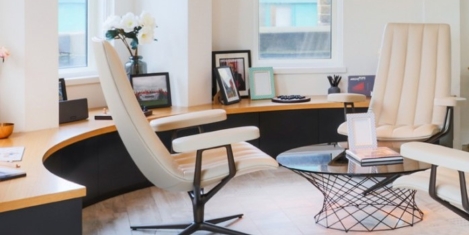
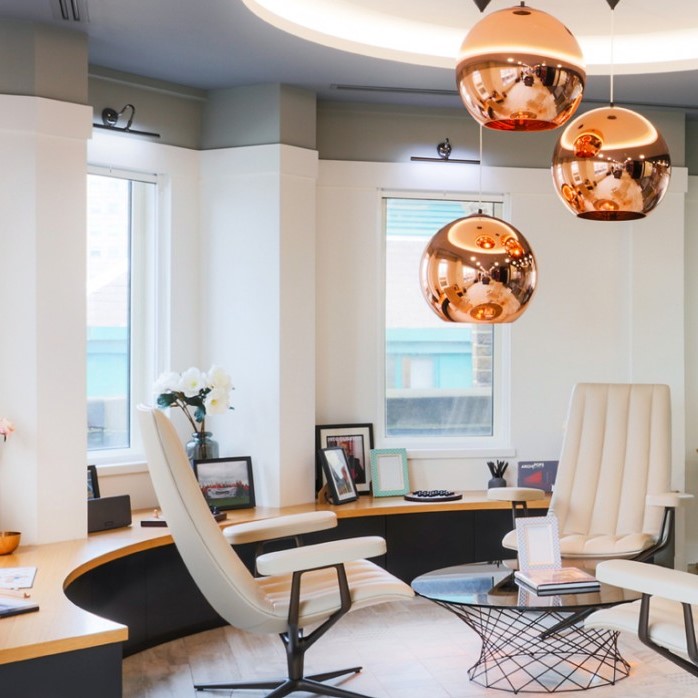
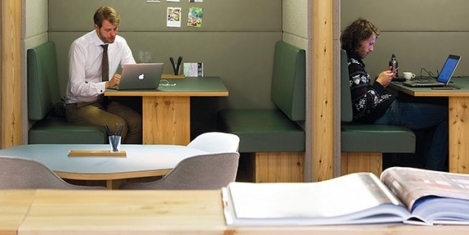
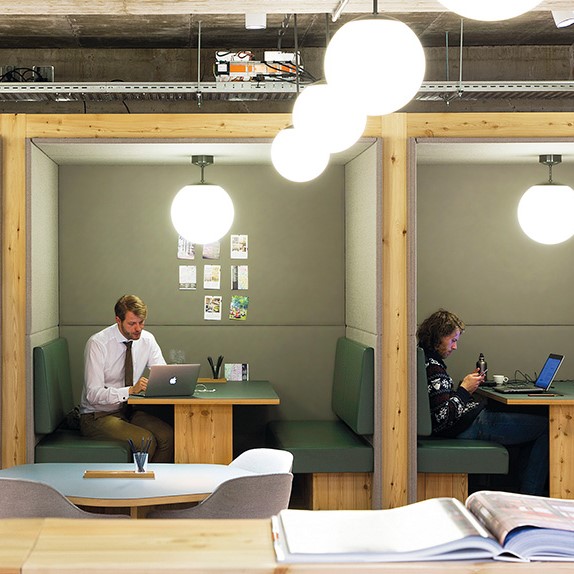






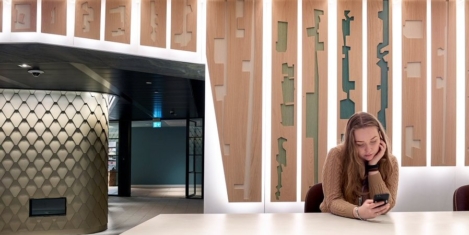
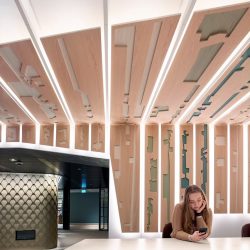


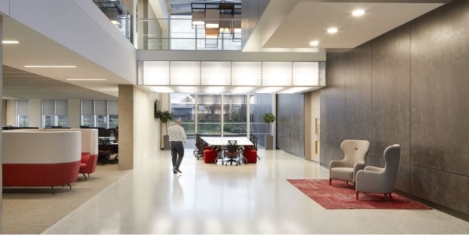
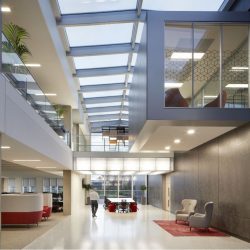
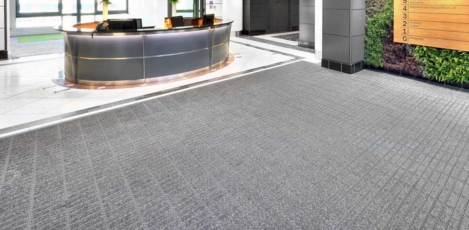
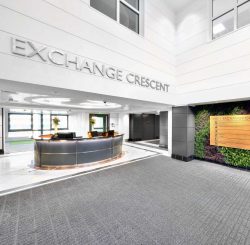 The majority (90 percent) of Grade A deals for commercial offices in Edinburgh so far this year came from the tech sector,
The majority (90 percent) of Grade A deals for commercial offices in Edinburgh so far this year came from the tech sector, 
 Cities with tech innovation-oriented cultures have a strong competitive advantage amongst those investing in commercial real estate, claims
Cities with tech innovation-oriented cultures have a strong competitive advantage amongst those investing in commercial real estate, claims 








June 25, 2019
Office furniture firms take their partners
by Colin Watson • Comment, Furniture, Workplace design